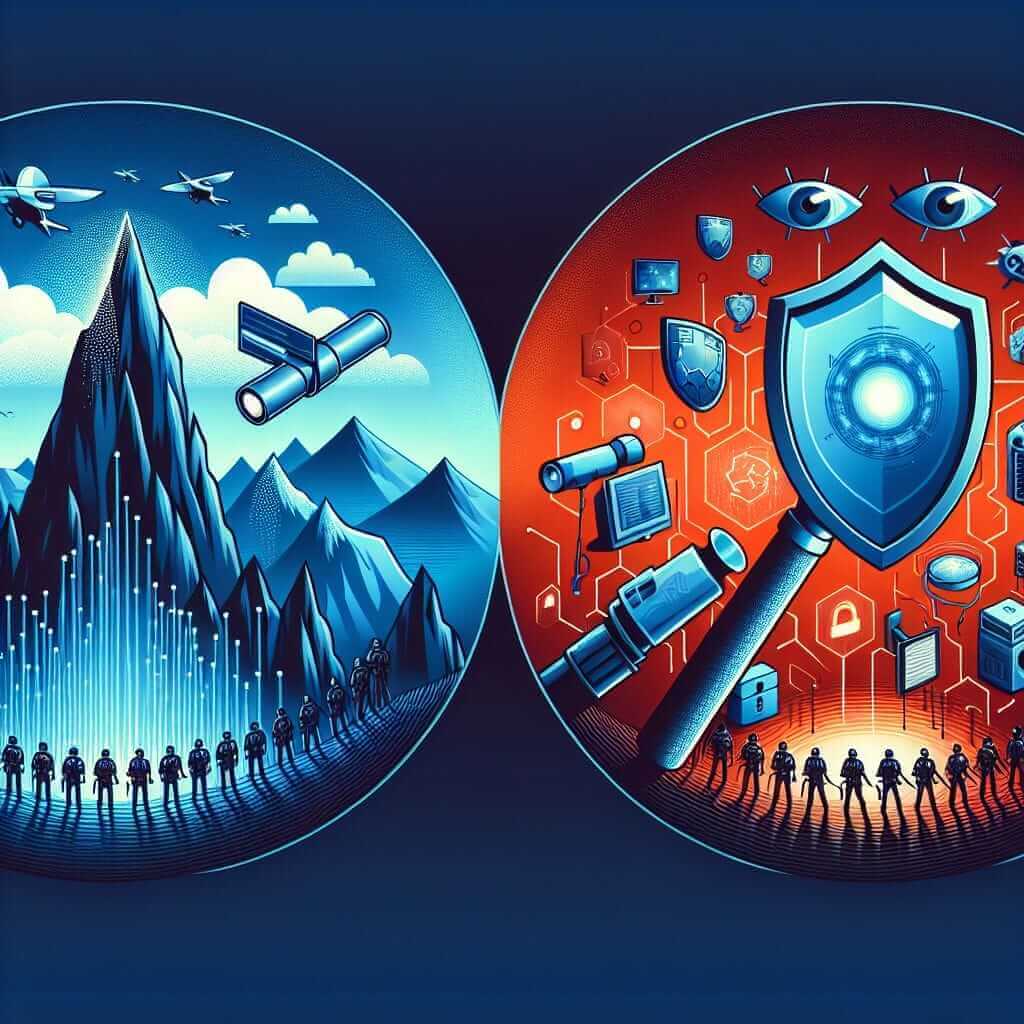The intersection of technology and personal liberty is a hotbed for debate, and few topics exemplify this more than internet privacy. As our lives become increasingly digital, understanding the implications of data collection and online surveillance is paramount. This topic appears frequently in IELTS Writing Task 2, often prompting discussions about the balance between security and individual freedoms.
Here are a few ways this topic might be presented in the IELTS exam:
- To what extent do you agree or disagree that internet privacy is essential for individual freedom?
- Some people believe that governments should have the right to monitor internet activity for security purposes. Others argue that this is a violation of privacy. Discuss both views and give your own opinion.
- With the rise of social media and data collection, internet privacy is becoming increasingly important. What are the potential impacts of this trend on individual freedom?
Sample Essay:
To what extent do you agree or disagree that internet privacy is essential for individual freedom?
Analysis
This question requires you to take a clear stance: Are you for or against the idea that internet privacy is crucial for individual freedom? You need to provide a balanced argument, acknowledging both sides of the issue while ultimately supporting your position with relevant examples and logical reasoning.
Essay:
In the digital age, the internet has become an indispensable tool, revolutionizing communication, commerce, and access to information. However, this increasing reliance on the digital world has sparked intense debate regarding internet privacy and its impact on individual freedom. I firmly believe that internet privacy is not merely important but absolutely essential for the preservation of individual liberty in the modern era.
Those who argue against stringent internet privacy measures often cite security concerns. They contend that granting governments and organizations access to personal online data can help prevent terrorism, cybercrime, and other threats. While this argument holds some weight, the potential for abuse and the erosion of fundamental freedoms far outweigh the proposed benefits. Unfettered access to personal data, even in the name of security, can quickly morph into a tool for mass surveillance, stifling dissent, and curtailing freedom of expression. History is replete with examples of authoritarian regimes utilizing surveillance to silence opposition and suppress individuality.

Furthermore, internet privacy is intrinsically linked to autonomy and self-determination. When individuals are aware that their online activities are being tracked and analyzed, it can lead to self-censorship and a chilling effect on free thought. This is particularly concerning when it comes to sensitive topics like political views, religious beliefs, or sexual orientation. A society where individuals are afraid to explore diverse perspectives due to the fear of being monitored is a society on the precipice of intellectual stagnation and diminished freedom.
In conclusion, while the importance of security in the digital age is undeniable, it should not come at the expense of internet privacy. A healthy democracy thrives on the free exchange of ideas, and that necessitates safeguarding the right to privacy online. Therefore, I wholeheartedly agree that internet privacy is not just desirable but fundamentally essential for the protection and promotion of individual freedom in our increasingly interconnected world.
(Word count: 285 words)
Notes:
- Structure: The essay follows a clear structure: introduction, body paragraphs presenting both sides of the argument, and a conclusion.
- Vocabulary: The essay uses a range of vocabulary related to technology, freedom, and surveillance (e.g., “digital age,” “individual liberty,” “mass surveillance,” “self-censorship,” “chilling effect”).
- Grammar: The essay uses a variety of grammatical structures, including complex sentences and linking words (e.g., “However,” “Furthermore,” “Therefore”).
Vocabulary:
- Indispensable (adjective): Absolutely necessary. ( /ˌɪn.dɪˈspen.sə.bəl/ )
- Revolutionize (verb): To completely change something for the better. (/ˌrev.əˈluː.ʃən.aɪz/ )
- Stringent (adjective): Strict, severe. (/ˈstrɪn.dʒənt/ )
- Unfettered (adjective): Not limited or restricted in any way. ( /ʌnˈfet.əd/ )
- Erosion (noun): The gradual destruction or weakening of something. (/ɪˈroʊ.ʒən/ )
Conclusion
Mastering the art of writing a compelling essay on internet privacy within the IELTS framework requires a nuanced understanding of the topic and a firm grasp of essay structure and vocabulary. By studying model answers and practicing your writing skills, you can confidently tackle this and other related topics that may arise in the IELTS exam. Remember to focus on developing clear arguments, using appropriate vocabulary, and supporting your ideas with relevant examples to achieve a high band score.